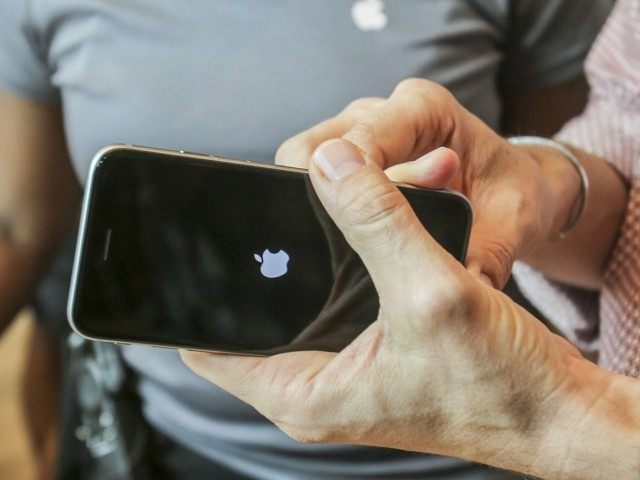Manhattan District Attorney Cyrus Vance, Jr. is trying to convince Congress that the right way to fight crime is to eliminate privacy altogether. It’s not a new argument, but it has all of the staying power that bad ideas from powerful people tend to have.
In a new “white paper” document by the DA, Vance calls on Congress to mandate back door access to Apple’s iOS and Google’s Android operating systems. The idea is to allow government and law enforcement officials an open thoroughfare to our private data.
This approach makes the StingRays used by the IRS look more like hyperactive guppies by comparison.
If that’s not enough, Mr. Vance also wants to eliminate end-to-end encryption on devices as well. The removal would make it much easier to intercept data transfered between computers, phones, or similar.
In 2013, the Supreme Court ruled in Riley vs. California that requiring a defendant to unlock their phone was a violation of that person’s rights under the Fourth Amendment. Because of the nature of information on those devices — and the fact that someone observing that data cannot conclusively tell which data is native to the device versus that which has been transferred to it — search and seizure of that information isn’t as simple a matter as rifling through a suspect’s pockets.
Vance isn’t merely arguing against our ability to have securely encrypted communications and data. The core of his argument is that the government’s suspicion of crime should be a permanent pass through the rights guaranteed to American citizens by the Fourth Amendment.
That’s not to say that law enforcement agencies wouldn’t love the broad ability to force an individual to reveal information unique to them. However, the Fourth and Fifth Amendments to the Constitution exist specifically to protect us from the myriad potential pressures that our government could otherwise bring to bear.
To add weight to this deeply flawed argument against our rights, Vance cites “approximately 111 search warrants for smartphones” that could not be executed “because those devices were running iOS 8” and were encrypted. Surely, he argues, this should never happen. But should even 111 cases that were inconvenienced by the lack of immediate information access be considered a justifiable reason to bypass the rights of an entire nation?
Cyrus admits that no state law — much less the Constitution — requires that any company must manufacture devices that are “amenable to government searches,” but actually resolves that by suggesting that a federal statute could “compel such amenability.” Read that again. He is, without shame, suggesting that the government force manufacturers to remove the protection of our privacy.
If you’re finding this entire pitch preposterous, you’re not alone. Not a single member of Congress has stepped forward to support this proposal… yet. In the wake of the Paris attacks, fear is renewing calls for the end of encryption and to anoint our government with almost limitless observance of our private lives.

COMMENTS
Please let us know if you're having issues with commenting.